'India currently in honeymoon phase': World Economic Forum chief
The President of the World Economic Forum, Borge Brende, on Saturday said India is currently in its "honeymoon phase", especially with Europe and the US when it comes to the country's influence and economic growth. Brende made the remark while speaking at the India Today Conclave 2024. He spoke about the correlation between a country's economic success and its influence on its neighbours and the world. According to Brende, the challenges that India has to tackle mainly come from its neighbours, but the country is in a "honyemoon phase" globally. He added that due to the quick growth of India's economy, its political position will be strengthened and the country will have more leverage in the years to come. Carnegie India Director Rudra Chaudhuri, however, did not agree that India is in a honeymoon phase and said the country has faced several geopolitical challenges in the last few years.
One of such challenges, according to Chaudhuri, included the Russia-Ukraine war. "It pushed us to think of diversification of resources, reconsider our relations with Russia and turn to countries that have the capability to deliver to us and our interests over the next many days," he added.
The Director of Carnegie India also added that India is likely to get more opportunities in the future from other countries as it has created that space for itself in the last five years. These opportunities include the ones India achieved from its relationship with the US and the collaboration between the two countries for quantum, AI and defence technology, said Rudra Chaudhuri.
The President of the Observer Research Foundation, Samir Saran, also talked about India's future on the global stage and said, "We have a decade ahead of growth and prosperity, but we will have to do it with muscle." He predicted that India's growth will attract greater attention, criticism and scrutiny.
Referring to the comments made by the US Ambassador to India, Eric Garcetti, on the first day of the conclave, Samir Saran said, "We will see unnecessary comments of this kind."
Eric Garcetti had said the United States "can't give up on principles" amid an exchange between the two countries over India's implementation of the Citizenship Amendment Act (CAA). Saran dismissed the Ambassador's remarks as the "American political system using India as a tool to settle their own unsettled agendas at home". "We should focus on what is really happening in the US – the strategic community, foreign policy, business community is better in India," said Saran.
He said the "real task" for the next 10 years will be to continue generating the same interest in India as has been done in the previous decade.
'China's Behaviour Shining Light On India'
Samir Saran said the kind of relationship shared between India and China is a "big driver" of the global interest of the country. "The Chinese behaviour has, not only to India but to everyone, been the biggest catalyst to shine the torch on India and the possibilities India offers. So more power to Xi Jinping. May he remain forever and may people continue to see India in the light that they are already doing," said the President of the Observer Research Foundation. He added that the next five years will be turbulent for India and China and the relationship will "get worse before it gets better".
"When we are close to a 6-7 trillion USD economy and have a 300-400 billion dollar defence budget and security capabilities, we will make it costlier for them to be adventurous," said Saran. Borge Brende also said many countries, including the US, view India as keeping the balance in Asia.
"Checking balances is something that other nations do look up to as a positive factor. Because you don't want to have a 'winner takes it all', you want checks and balances," said the World Economic Forum President.
He added that if India fulfils its goals to become a manufacturing hub, it will open up opportunities for other countries for direct foreign investments, and India will no longer need to manoeuvre delicately its security and foreign policy.
"Currently, a lot of military equipment in India comes from Russia. And with the unlimited relationship between China and Russia, the current leadership in India also makes its own reflections based on that," said Brende.
On India-US Ties
When asked about how the results of the upcoming US presidential elections could impact Washington's ties with India, Samir Saran said India is "going to be doing fairly well irrespective of who wins". According to him, the reason for this is the emergence of a new geopolitical framework.
"India is going to be one of the central pillars of that framework," he added. The chief of the Observer Research Foundation also said the growth of the ties between India and the US over the last 20 years has been "unthinkable". "The most transformational relationship of this century has been the India-US relationship and that direction is not going to change," said Samir Saran. He added that even if Donald Trump comes back to power in the US or Joe Biden remains President, India-US ties are bound to grow in terms of economic engagement, political alignment and increasingly intimate security arrangements.
He also remarked that the US and Canada had starkly different reactions concerning the allegations they raised against India over the Khalistani issue. "The US had conversations behind closed doors, and you had Canadians going to Parliament making crazy statements. That's the difference between a country that is determined to create a strategic relation with the partner while the other one is basically seeking votes for the next election." said Saran.
Federal prosecutors in the US had alleged that an Indian government official had directed a plot to murder Khalistani terrorist Gurpatwant Singh Pannun. On the other hand, Canadian Prime Minister Justin Trudeau had alleged that there was a "potential link" between agents of the Government of India and the killing of Hardeep Singh Nijjar, another Khalistani terrorist.




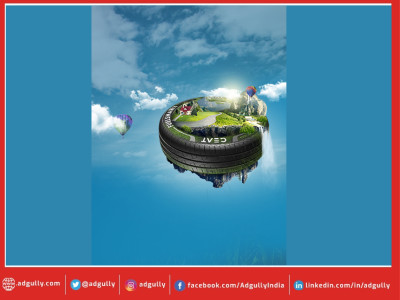

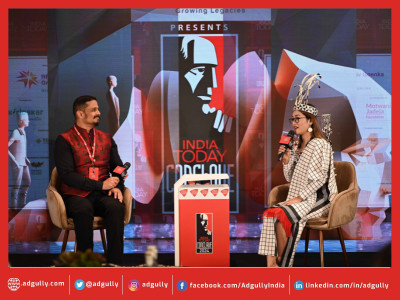
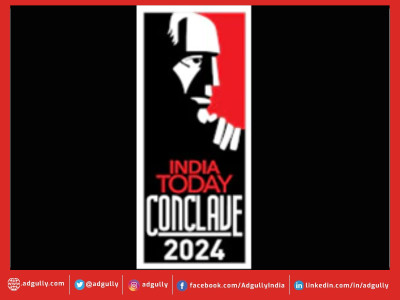
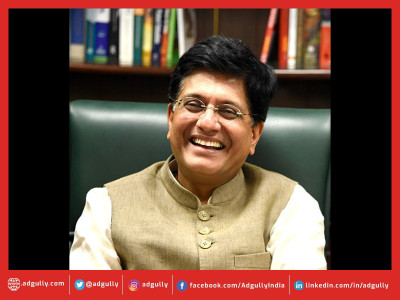
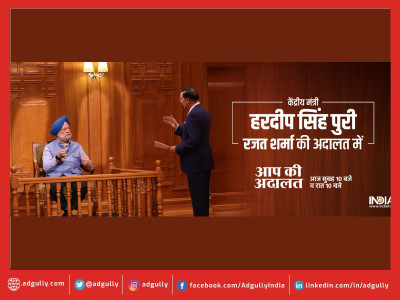
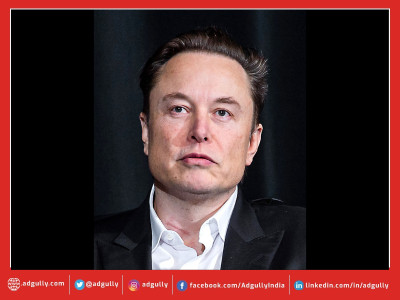
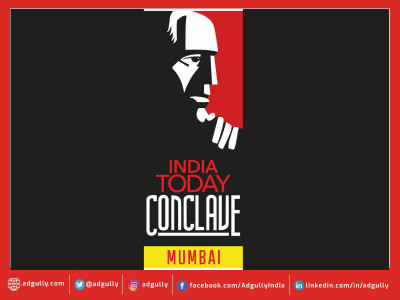


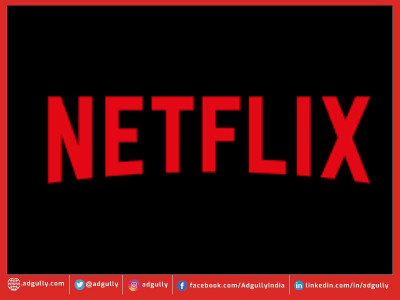



Share
Facebook
YouTube
Tweet
Twitter
LinkedIn